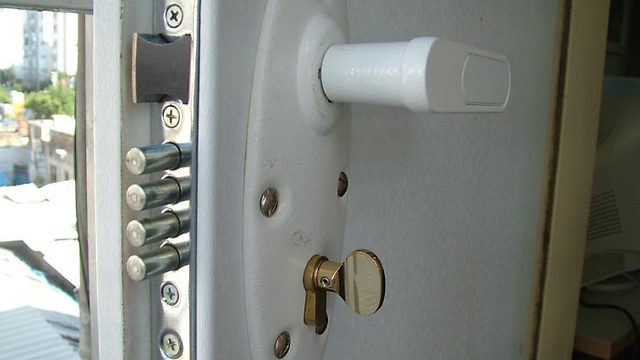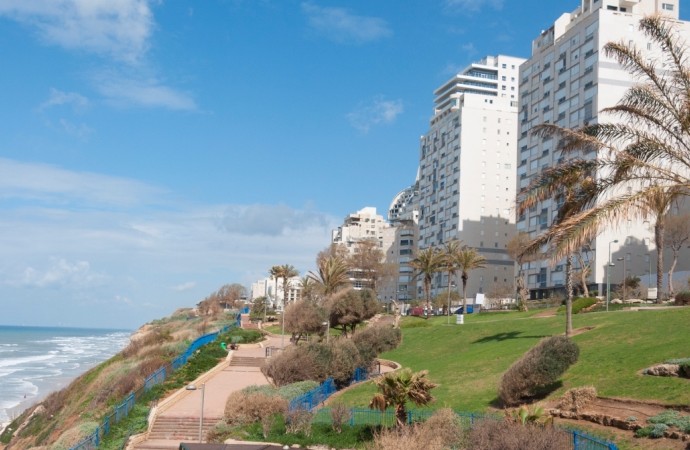“So, what is Kahlon doing to the Israeli rental market?” my friends ask me, as we sit over a coffee or a beer discussing the state of the nation. My clients are asking a slightly different question: “Is the new Minister of Finance making it easier for Israeli families to buy homes, and does that mean that we won’t find tenants for our rental apartment?”
Moshe Kahlon was elected on a platform of reducing skyrocketing real estate prices and helping middle-class Israeli couples to get onto the housing ladder. As Finance Minister, his strategy to bring down house prices is based on a combination of measures designed to drive down demand and increase the supply of new homes.
 That is why in recent weeks there have been a spate of announcements of home-building tenders and land being released for development. New projects being started in the North and South of Israel – Haifa, Netanya, Herzliya and Beer Sheva, for example – are designed to take the heat out of the real estate market in central Israel.
That is why in recent weeks there have been a spate of announcements of home-building tenders and land being released for development. New projects being started in the North and South of Israel – Haifa, Netanya, Herzliya and Beer Sheva, for example – are designed to take the heat out of the real estate market in central Israel.
Some of these government tenders are structured to keep a cap on the price of land so that the developers can keep apartment prices low. Some require a proportion of each new project to be cheaper housing, with prices set low and fixed for 20 years to prevent profiteering. Other projects, such as the new tender in Herzliya, will allocate 25% of the new properties to local residents.
In an attempt to reduce the demand for real estate, on July 1, 2015, the government increased the purchase tax on second homes. Investment properties worth up to NIS 4.8 million ($1.26 million) now incur a 8% purchase tax, and homes worth more are taxed at 10%. Their goal is to discourage real estate investors from buying and renting out multiple apartments, which prevents middle-class Israelis from buying affordable homes.
When news of this new tax got out, people rushed to buy second homes and complete their purchases before the deadline, making June 2015 the hottest month ever for Israeli realtors! But the market did not collapse in July. Investors continue to buy property in Israel, either swallowing the tax or purchasing apartments in their children’s names. For as long as interest rates around the world stay low, the Israeli real estate market will continue to attract savvy investors who simply cannot get the same rate of return from the banks and the stock markets!
There were some concerns that the purchase tax will be passed on to tenants in higher rental payments, but since the rental market in Israel still remains strong in most cities, it is not difficult to find good tenants for well-appointed new apartments in sought-after areas. By managing them efficiently, we can generate an excellent rate of return. Even when all the proposed new apartments have eventually been built and sold – which will take a few years – there will be no shortage of renters.
(See our blog from July where we gave “10 Reasons Why Israeli Rents are Rising”.)
I believe that for as long as Israeli couples meet and get married, and while thousands of people every year make Aliyah to Israel, the rental market will stay strong.
The prophets of doom keep warning that the steady increase in Israeli real estate prices is a property bubble that must eventually burst. I do not claim to be a prophet – “never say never” is one of my mottos – but I do believe that demand for homes in Israel will stay strong for as long as the country and its economy stays strong. After all, Israel is the only Jewish homeland, and every Jew wants a piece of it!
Creative Estates can help to manage your investment property in Israel – contact Shaun@CEIsrael.com




